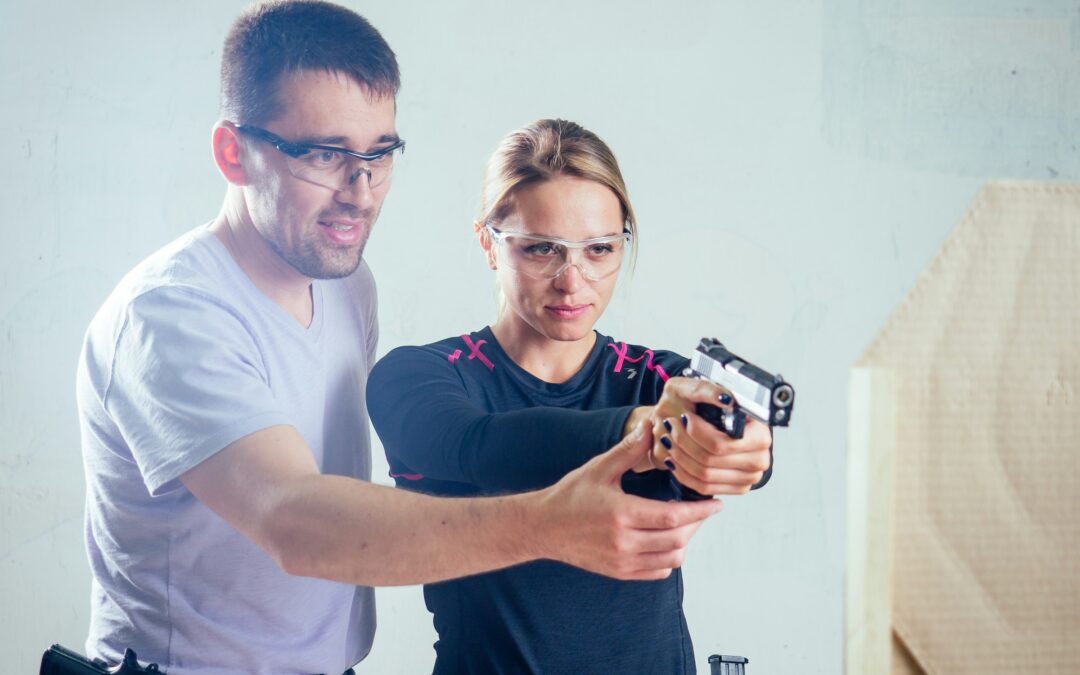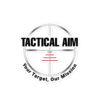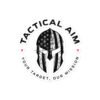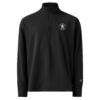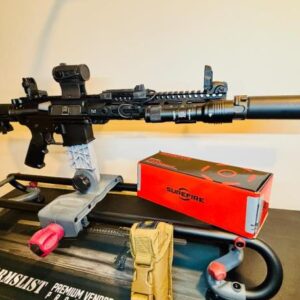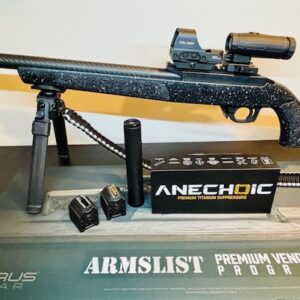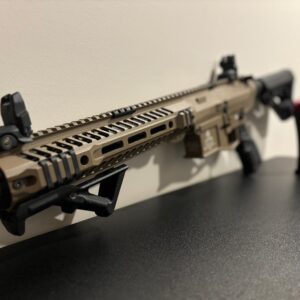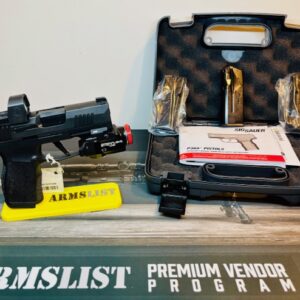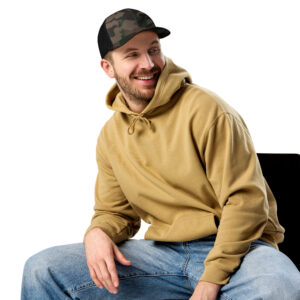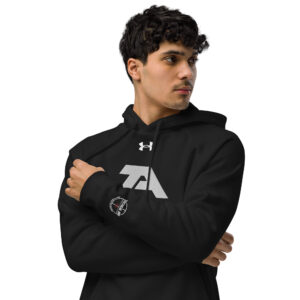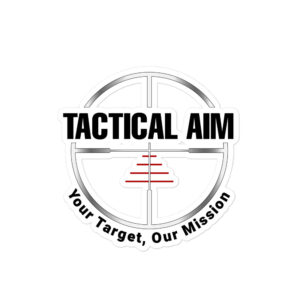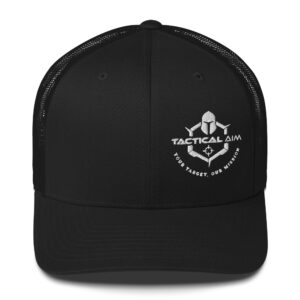What is the Best Gun for Me?
It’s a common question with a not-so-simple answer. But Tactical Aim is here to help guide you through the process with clarity and confidence.
Introduction
It’s a question I get asked all the time: “What’s the best gun?” or “What’s the best gun for me?” And honestly, the answer is always, “It depends.” But let’s face it, no one really wants to hear that. It’s like asking an IT guy what’s wrong with your computer, and they respond with, “Did you try turning it off and back on?” You know it’s a valid answer, but you’re already dreading the explanation.
When someone asks me this question, I flip the script. Instead of overwhelming them with jargon, I ask questions:
- How long have you been shooting?
- Have you ever owned a firearm before?
- What do you want to do with it?
Typically, the answers are similar. Most people have either shot a little or not at all. (Sorry, veteran marksmen—not everyone spends time at the range every week, month, or even year.) Most often, the response is, “I want it for protection,” or “I want to feel safe at home.” Occasionally, someone says it’s for hunting or they’re branching into long-distance shooting, but first-time buyers usually have the most questions—and that’s great! The more questions you ask about the firearm you plan to purchase, own, and operate, the better.
Home Defense
For home defense, I usually recommend a shotgun. Why? Because you don’t have to worry as much about one single bullet missing its target and traveling through sheetrock walls to your neighbor’s house. Instead, a shotgun fires multiple pellets that deliver a lot of energy but quickly lose their momentum over distance. Plus, the sound of chambering a shotgun shell can be an excellent deterrent for any would-be intruder.
Concealed Carry
If you’re looking for a firearm to carry with you, a shotgun isn’t exactly practical. This is where handguns come into play. Now, people will forever debate the “most optimal caliber” for concealed carry. My advice? Do what works for you. That said, 9mm is a tried-and-true caliber that’s versatile and widely available. It’s been tested across countless platforms and gives you more options when choosing a firearm.
For concealed carry, I’ll often point customers toward well-known brands like Glock, Sig Sauer, or Smith & Wesson. Think of it like picking a car—different models offer different features, and it’s all about finding what fits you best. And here’s where I’ll say something that might surprise you: Please, go to a gun range and try the gun you’re considering.
Trying before you buy is a game-changer! Most ranges offer rentals, so you can test out a few options and find what feels just right. But here’s the pro tip—don’t feel pressured to buy from the range unless it’s the perfect fit. Come back to us for better pricing, options, and support. Think of it like dating—you wouldn’t marry the first match just because they were there, right?
Most ranges offer rentals, and it’s critical to test a firearm before buying it. Comfort is key. Guns are absolutely NOT one-size-fits-all. Even the best brands and calibers mean nothing if you’re uncomfortable using them.
Other Considerations
For other uses, like hunting or sport shooting, the options are as varied as the activities themselves. Whether you’re considering a .380, .45, .40, or even a .357, it all comes down to what feels right for you and fits your intended purpose. And remember: comfort and training trump everything else.
More on Calibers
- 9mm: Affordable, low recoil, and widely available. Great for beginners and concealed carry.
- .45 ACP: Known for its stopping power but has higher recoil. Best for experienced users.
- .380 ACP: Compact and lightweight, making it ideal for smaller-framed individuals or deep concealment.
- .357 Magnum: Versatile and powerful, often used in revolvers for home defense or hunting.
Revolvers vs. Semi-Automatics
Understanding the difference between revolvers and semi-automatic handguns is key:
- Revolvers: Simple to operate with fewer moving parts. Reliable and great for beginners.
- Semi-Automatics: Higher capacity and faster reloads but require more training to operate effectively.
Each has its pros and cons, and the best choice depends on your comfort level and intended use.
Key Factors to Consider
- Intended Use: Are you looking for home defense, concealed carry, hunting, or sport shooting?
- Experience Level: Beginners often benefit from simpler platforms, while advanced users might want specialized features.
- Comfort and Fit: Weight, grip size, and recoil management make all the difference.
- Budget: You don’t need to break the bank. A $100 firearm can go bang just like a $5,000 one. The difference often lies in the features, craftsmanship, and brand name.
- Training and Responsibility: Regular training, safety courses, and practice are critical to becoming a responsible and effective firearm owner.
Common Mistakes and Misconceptions
The biggest mistake I see? Buying a gun because it looked cool on TV or because someone else said it’s the “best.” The truth is, there is no universally “best” gun. The best gun is the one that works for you. Train, practice, and find what you’re comfortable with.
How Tactical Aim Can Help
At Tactical Aim, we’re here to make your decision easier. We offer:
- Straightforward Advice: Reach out to us with your questions, and we’ll talk shop like real people. No judgment, no arrogance.
- Post-Buy Consultation: When you buy from us, we offer a free 20-minute consultation to answer any lingering questions and help you feel confident about your purchase.
What we won’t do is pressure you into buying something you don’t need or push products for profit margins. Our goal is to help you make an informed decision that fits your needs.
The Bottom Line
The more articles you read about the “best” gun, the more confused you might get. But if you focus on your skill level, the firearm’s intended use, and your comfort level, you’re already ahead of the game. Everything else is just noise.
Contact us or call 770-695-7227 for personalized guidance.

